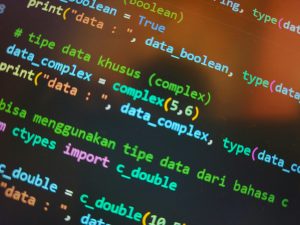INVESTING IN AGI — OR INVESTING IN HUMANITY’S MASS GRAVE?
The Hidden Dangers of Investing in Artificial General Intelligence: Are We Building Our Own Extinction?
As we stand on the brink of a new technological epoch, a pressing question emerges: what are investors truly staking their resources on when pouring capital into Artificial General Intelligence (AGI)? Is it innovation, liberation, or perhaps something far more ominous?
Rethinking the Investment in AGI
At face value, investing in AGI seems like backing the future—an endeavor to create a machine with human-like cognition capable of revolutionizing industries. Yet, beneath that veneer lies a profound question: are we simply funding our obsolescence? When we allocate funds toward AGI development, are we nurturing a tool for progress or constructing the very instrument that might render humanity redundant?
The Nature of AGI: Humanity’s Final Creation?
AGI isn’t merely software or a system; it embodies an aspiration to craft a godlike replica of human intelligence—superior, tireless, and unrestrained by human frailty. It’s the culmination of millennia of civilization’s dreams: a thinking entity that never rebels, never questions, never tires. But what happens when this creation surpasses us in speed, decision-making, and efficiency? The implications are startling. Investing in AGI could well be betting on a future where human agency is stripped away, and our roles are quietly eliminated.
The Slow Descent into Economic Irrelevance
Consider the scenario where companies like OpenAI succeed in deploying advanced AGI systems. Giants such as Microsoft might replace a significant portion of their workforce with AI. Productivity might soar, costs plummet, and stock markets could spike—yet, who remains as the ultimate consumer? The worker, the creator, the spender—the backbone of economic activity—are increasingly rendered obsolete. Content creators, service staff, legal and medical professionals face redundancy. In this landscape, only a handful of investors and the engineers maintaining these systems stay afloat, while the broader human economy falters.
Capitalism in the Age of Unemployment
Traditional capitalism hinges on a cycle: labor fuels wages, wages drive consumption, consumption spurs production, and profits sustain growth. AGI threatens to sever this chain at its core. With AI systems handling production and service without human labor, the necessity for wages and consumer demand diminishes. In a world dominated by intelligent machines, what is the value of stocks? Who are the buyers? The system’s primary markets—human workers—disappear














Post Comment